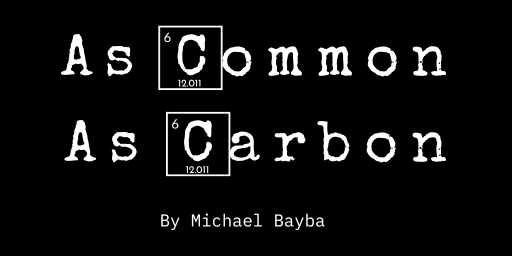A map
is an anthropocentrically contextualized fragmented representation of an abstracted theorization of reality.
When everything you’re working on
in the presentis building towards you leavingin the futurewhere does that leave you now?
Where does the need to
leavecome from?If you don’t want tostay.Why don’t you want tostay?Because I would ratherleave.
Would you go with me if I felt the need to fly away?
I know you understand the weight that the burden of your hometown’s past carries,and the ways of its omnipresence in our patch of the world.Would you pick up and go with me?I don’t want to leave to forget,I want to leave to see different things.Things nouveau to my eyes,Old things of the earth.Would you go […]
Someday I’m going to leave this place
In my dream I was lost
unable to tell one street from the nextinside from outthis place was not this placeI think I was myself, but who’s to know
As I realize
that what you are to meis unrealizableyou’re reaching out,sending parts of you,through screens and microphones.We will always be part of the same whole.
It’s a huge world we live in
I’d like to go
somewhere elsesomewhere far awayI want to learn a new languageI want to play soccer againI want to write a better poem than this
